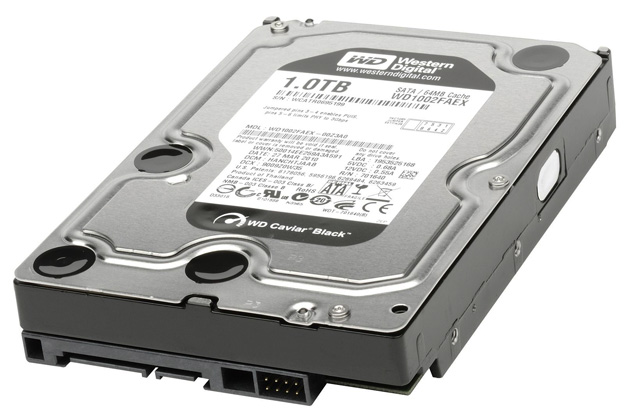Fujitsu, a one time supplier of high performance SCSI and mobile hard drives, has announced the release of a new SSD line.
Based on the SF-2281 controller, the drives will offer 550MB/s reads and 500MB/s writes along with 55,000 and 40,000 R/W IOPs .
Interestingly, it seems that in addition to its old hard drive division, Fujitsu has eliminated their marketing department as well, simply referring to the drive as HLACC2031A-G1.
Okay, maybe not so simple, but give them a chance, the consumer retail storage market has been pretty much terra incognita for Fujitsu up to this point, as they have mostly focused on enterprise and OEM segments in the past.
The drives will be offered in capacities of 120GB and 240GB with prices of $202 and $427 respectively. The products come with a three year warranty and are available, at least initially, in the APAC region.
[embed width=”620″ height=”480″ ]https://www.youtube.com/watch?v=W1Bn-TjgQ7M[/embed]What’s intriguing about this news is the fact that the former small but well-established supplier of hard drives has decided that now is a good occasion to re-enter the storage market, this time using MLC as their foundation instead of magnetic platters. I can’t help but wonder if Fujitsu knows something we don’t.
Being such a small provider compared to the Seagates and Western Digitals of the world, it stands to reason that they would be affected more sharply by any current or emerging market trends, their profit margins being much thinner than their larger counterparts. Because of this, it seems very likely that they would be cautious when entering new markets, choosing areas that would be lucrative in the long term.
Indeed, this development certainly seems to fly in the face of Western Digital asserting that Ultrabooks will have no impact on SSD sales. Maybe the reality is that because Fujitsu no longer has any stake in HDDs, they are able to view market realities in a more objective manner.
This is in stark contrast to a company that’s been a leader in mechanical storage for many years, doesn’t have a terribly large presence in the SSD market, and arguably stands to be one of the biggest losers if SSDs do start to overtake conventional HDDs.
I’m not saying that Western Digital is definitely wrong, it’s just that, in my view, the chances of them being even mostly right are exceedingly slim. Companies like WD know they have the farthest to fall if they’re knocked off their hill, and their recent statement can probably be seen as evidence of that.
My take is that it’s just a matter of how much cushioning they provide themselves before the inevitable does happen. By branching out into new market segments, WD can likely avoid descending too far down mountain that is the storage industry, and probably even preserve the most if not all the status they have today.
Whatever ends up happening, the race for the summit should definitely be an interesting one, for consumers especially, who will likely benefit the most from the fierce competition. See you at the top!
 The SSD Review The Worlds Dedicated SSD Education and Review Resource |
The SSD Review The Worlds Dedicated SSD Education and Review Resource | 
